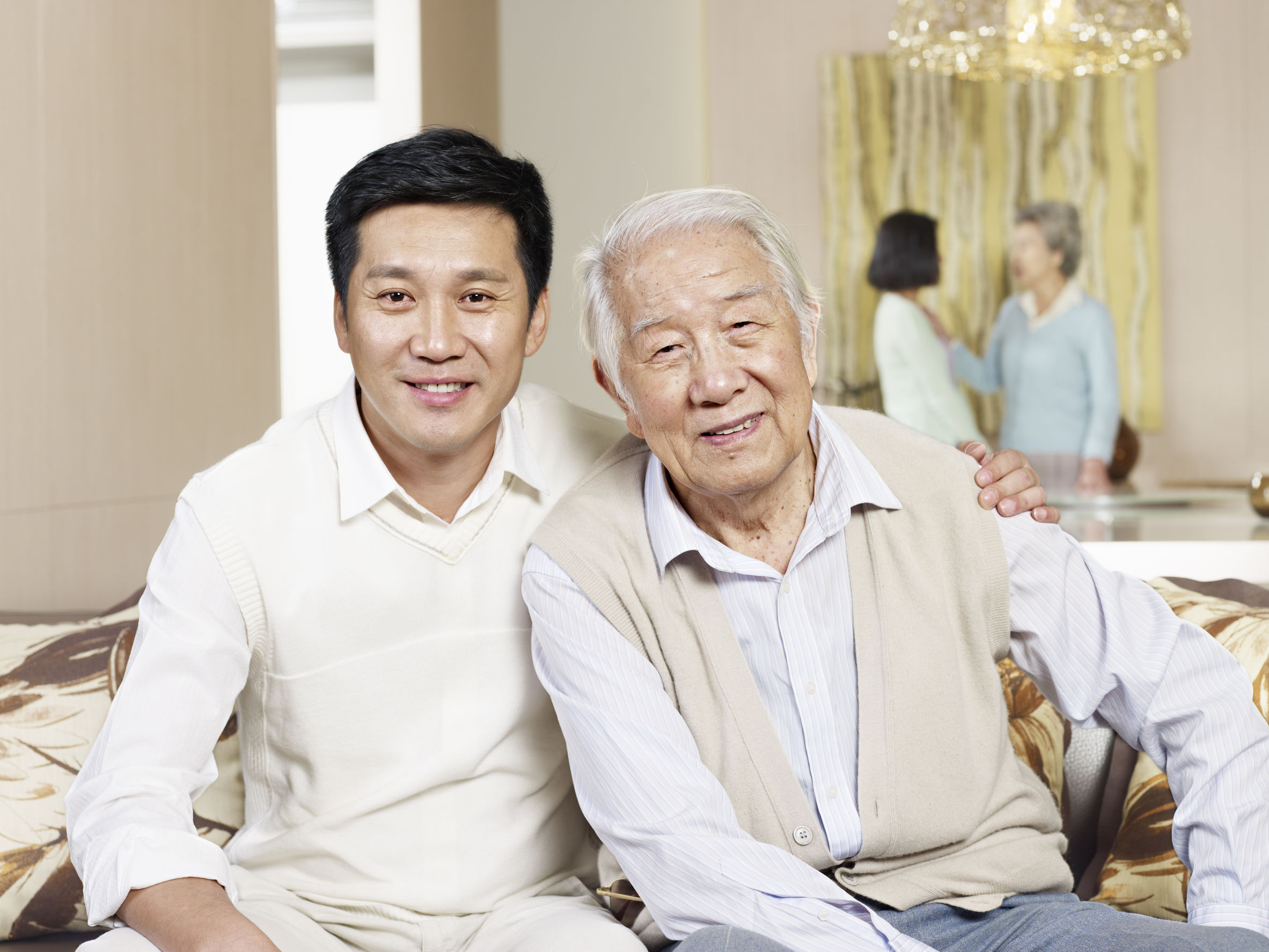According to the National Council on Aging, 25% of people aged 65 and over fall each year. Falls are the number one cause of fatal and non-fatal injuries among the same age group. Fall prevention should be taken very seriously by any senior who wants to maintain independence and remain in his or her own home. These five ways to prevent falls will help you make the home a safer place for seniors to age.
#1: Clear Walkways and Stairs
The first and easiest change you can make is to clear halls, stairs and other frequently used pathways of household items and clutter. Anything on the floor should be considered a hazard and potential fall risk. If you tend to place things on the bottom step as a reminder to take them upstairs later, choose another spot to temporarily store those items, perhaps on a chair near the base of the stairs. Consider other frequently walked areas, such as the path between a favorite living room chair and the kitchen, or between the bed and bathroom; move furniture out of the direct path. A straight line is not only the shortest distance between two points, it’s also the safest.
#2: Eliminate or Mark Uneven Surfaces
When a person is unsteady on his feet, the smallest inconsistency underfoot can lead to a dangerous fall. To make the home safer, tack down the corners of rugs to ensure they are flush with the floor and remove any rugs that won’t lie flat. Be sure all rugs have non-slip backing or place rubberized mats underneath to keep them securely in place. Materials for tacking rugs and non-slip padding can be found at home improvement retailers, supercenters and many hardware stores.
If there are any uneven spots on the floor or raised thresholds between rooms, mark them with signs or reflective tape. Similarly, it’s a good idea to mark the first and last stair. Later in life, many people experience difficulty deciphering items of the same color, such as the last stair versus the floor or spotting a curb against the sidewalk.
#3: Store Frequently Used Items in Easy Reach
For optimum stability, one should stand with feet parallel and shoulder-width apart and knees slightly bent. Reaching for things in a way that causes our stance to change is an often-overlooked fall risk. Especially in the kitchen, many of us rely on creative acrobatics – balancing on one tip toe or scaling countertops – to reach things up high or hiding in the depths of a lower cabinet. While these aren’t necessarily safe practices for anyone, they certainly should be avoided by older individuals, whose sense of space, reaction time and physical strength may be impacted by normal aging. Help your favorite senior reorganize the kitchen, bathroom and closets so all of the regular needs are easily reached from a comfortable and stable position. It’s also a good idea to place the telephone within reach of that favorite chair to avoid the risk of someone needing to rise quickly when it rings. For anything that can’t be stored within easy reach, consider a “grabber” to extend anyone’s reach (search “grabber for seniors” to find one that works for you).
#4: Reduce the Risk of Bathroom Incidents
The bathroom is full of potential perils and likewise presents a number of opportunities for safety improvements. First, install non-slip tread in the bath or shower, and use bathmats or rugs with rubberized bottoms on the floors. Shower chairs and handheld shower heads are a good idea for anyone with a higher risk or history of falls. Grab bars should be installed between hip and shoulder height to provide stability stepping in and out of the bath – be sure to purchase grab bars intended for this purpose, as shower curtains and towel racks are not meant to bear weight and should not be used for personal stability. Grab bars near the toilet may also be helpful.
When preparing to shower or bathe, wait for the water to reach the desired temperature before getting in; a shock of cold water or surprise hot water may cause someone to recoil and lose balance. Finally, keep a phone or emergency call button in the bathroom if at all possible. If not, consider keeping a loud bell or whistle within reach of the floor in case of a fall.



